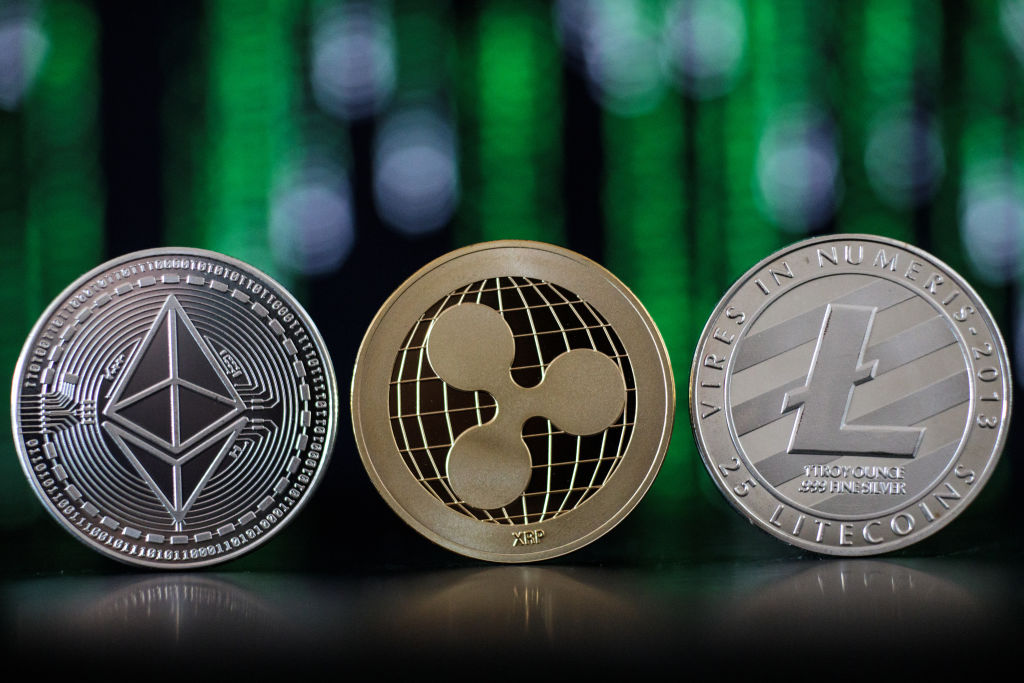Appeals Court ruled that U.S. ITC can't regulate Internet transmissions
The US Court of Appeals for the Federal Circuit in Washington DC ruled on Tuesday that the US International Trade Commission (ITC) does not have the power to regulate the digital transmissions of data.
According to Reuters, the ruling points on ITC's decision in 2014 that favors the San Jose, California-based dental brace company Align Technology's bid is to stop rival ClearCorrect Operating LLC from electronically sending digital dental models made by technicians from Pakistan to its manufacturing facility in Texas. Align's effort to block the digital models from entering the country is due to the allegations that ClearCorrect is infringing several patents. Technology and entertainment companies are closely following the case, because this could ultimately affect this internet transmission space and the battle against piracy.
The Wall Street Journal reported that Chief Judge Sharon Prost in the majority 2-1 ruling said, "The commission's decision to expand the scope of its jurisdiction to include electronic transmissions of digital data runs counter to the unambiguously expressed intent of Congress." Meanwhile Circuit Judge Kathleen O'Malley said that Congress wouldn't want the ICT to regulate the internet transmission because the commission is not capable enough to create rules to ensure the Internet remains "an open platform for all."
Bloomberg Business reported, that giant internet companies such as Google and Facebook believe that the ICT ruling didn't consider how the internet works and would come up with unfair demands on imposing rules dictating from which country data is transmitted from. According to the internet companies, the internet has no boundaries and sends files through the most efficient way possible.
The US Court for Appeals' ruling is a victory for the internet world and everyone who uses it, according to Internet Association legal policy vice president Abigail Slater. She said, "This landmark patent law case has enormous implications for cloud computing, the free flow of information between countries, and the future of a free and open Internet."












